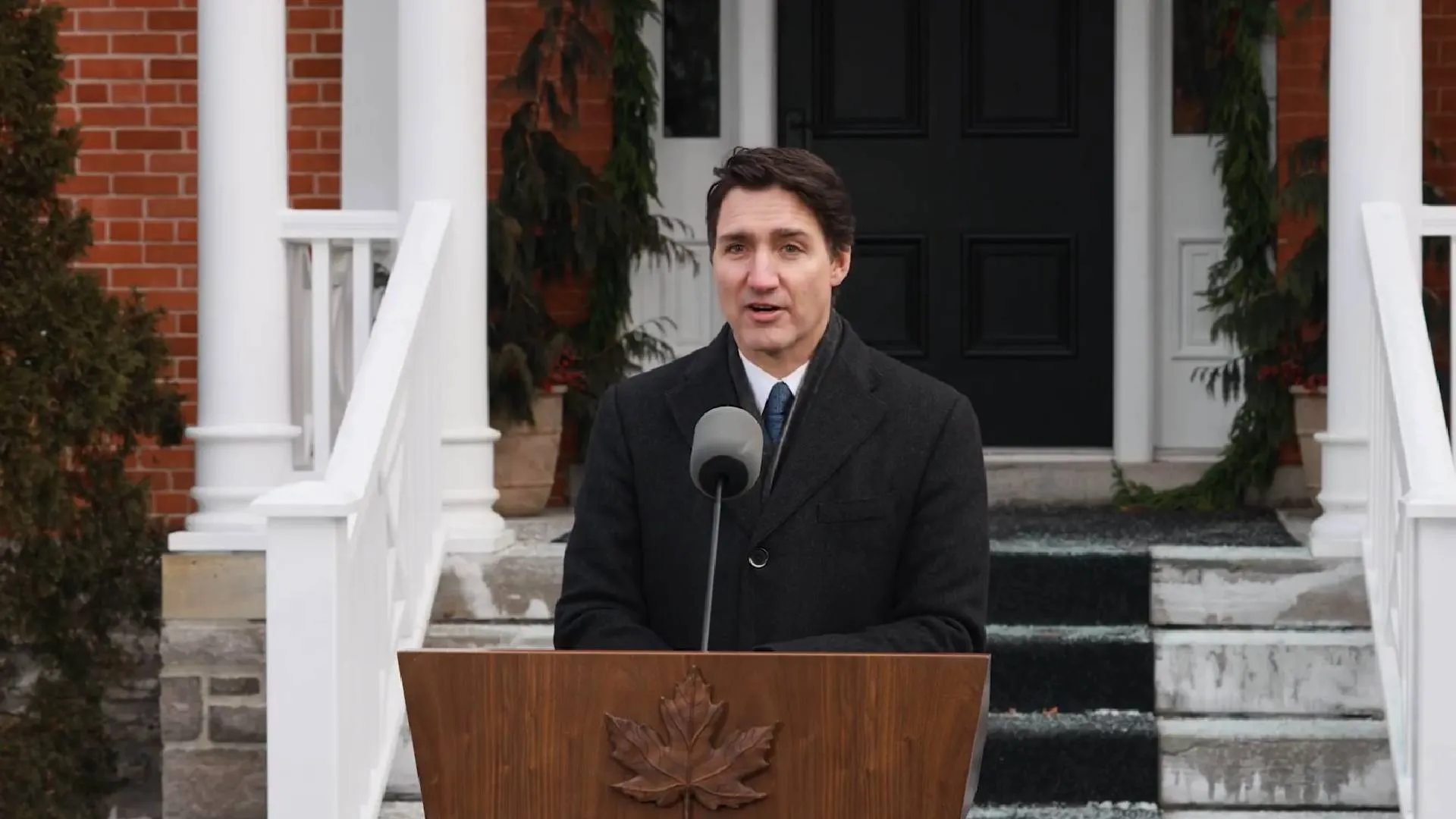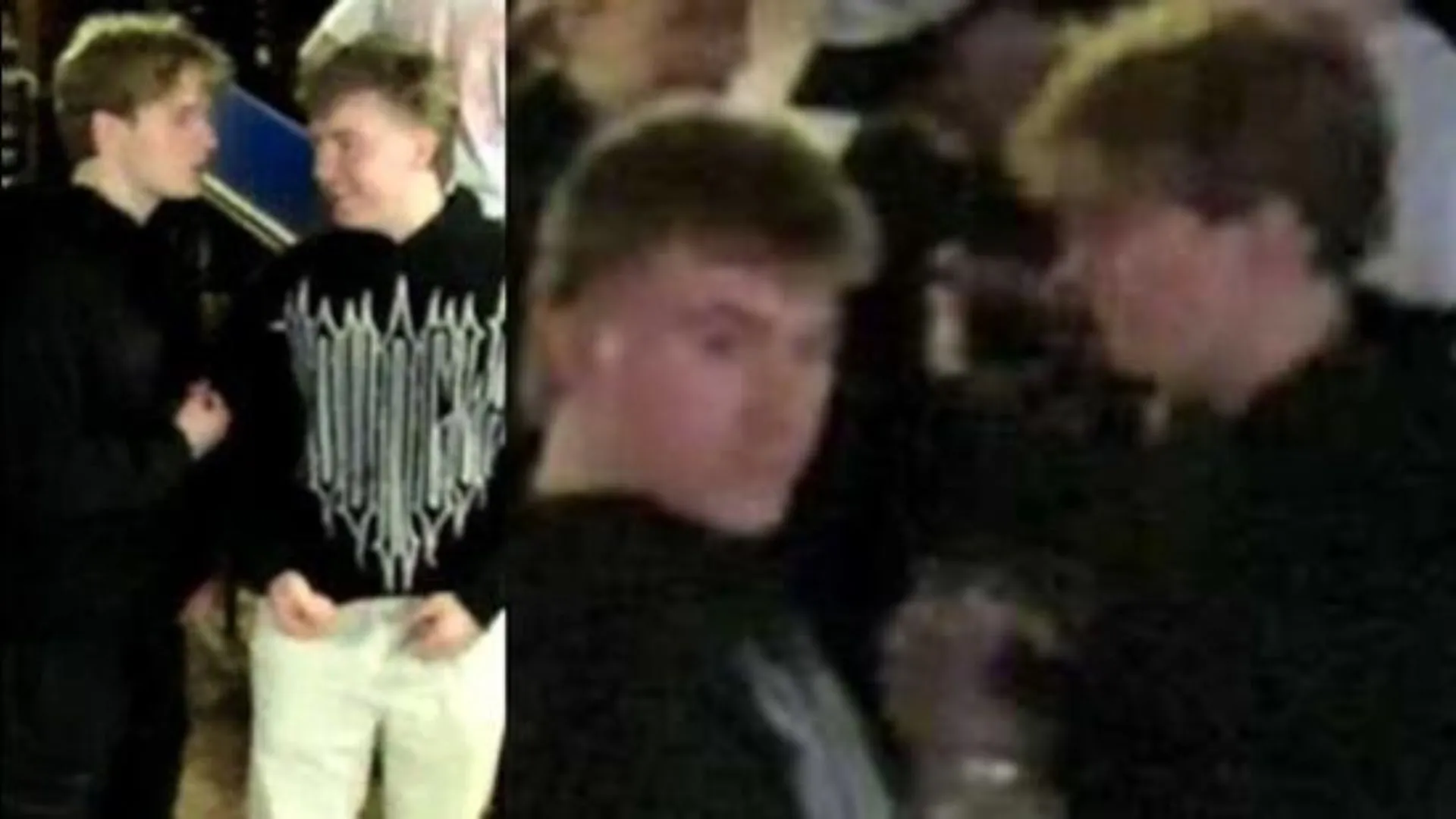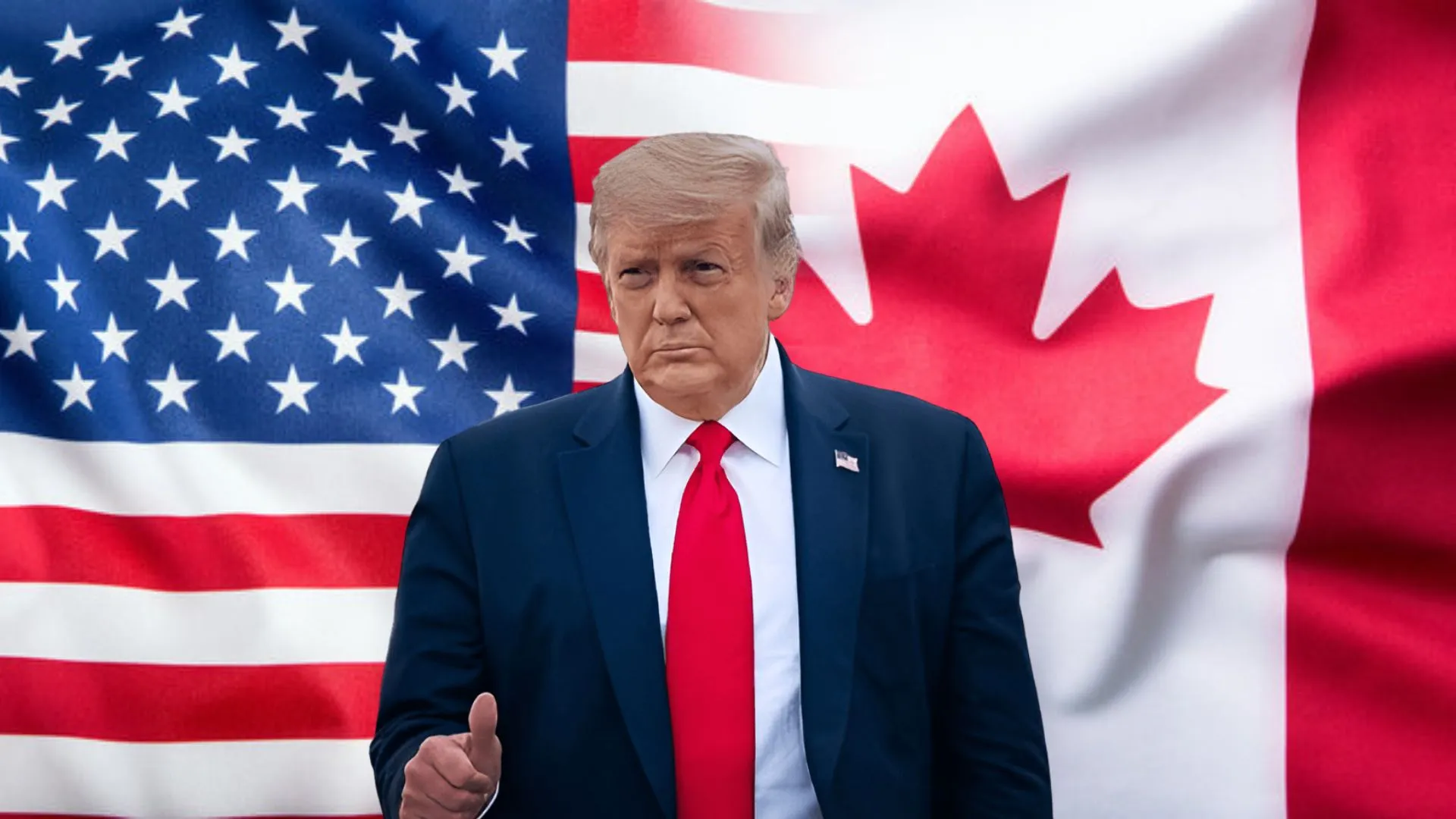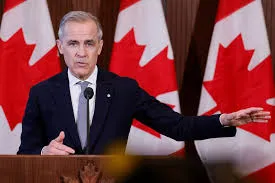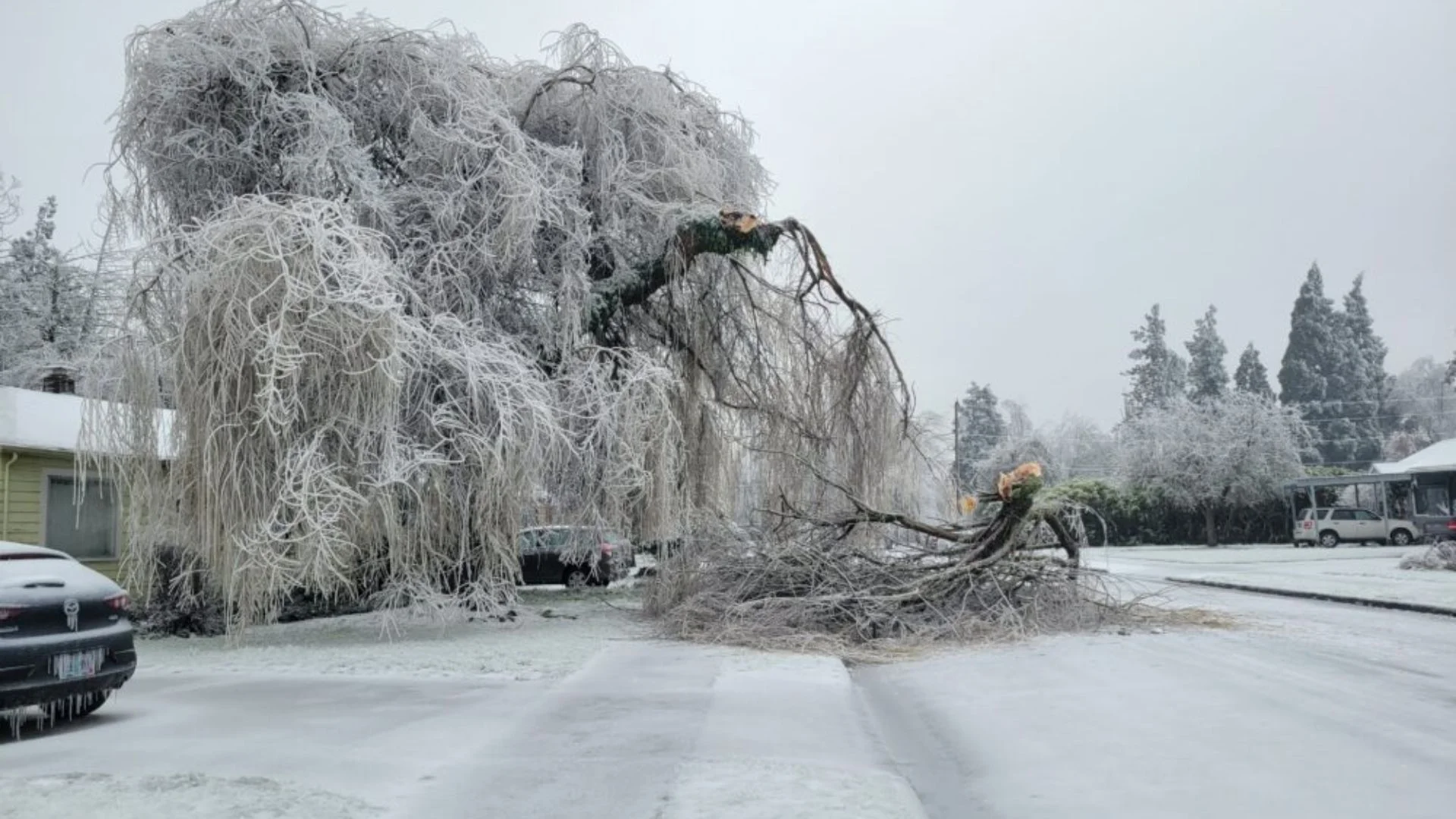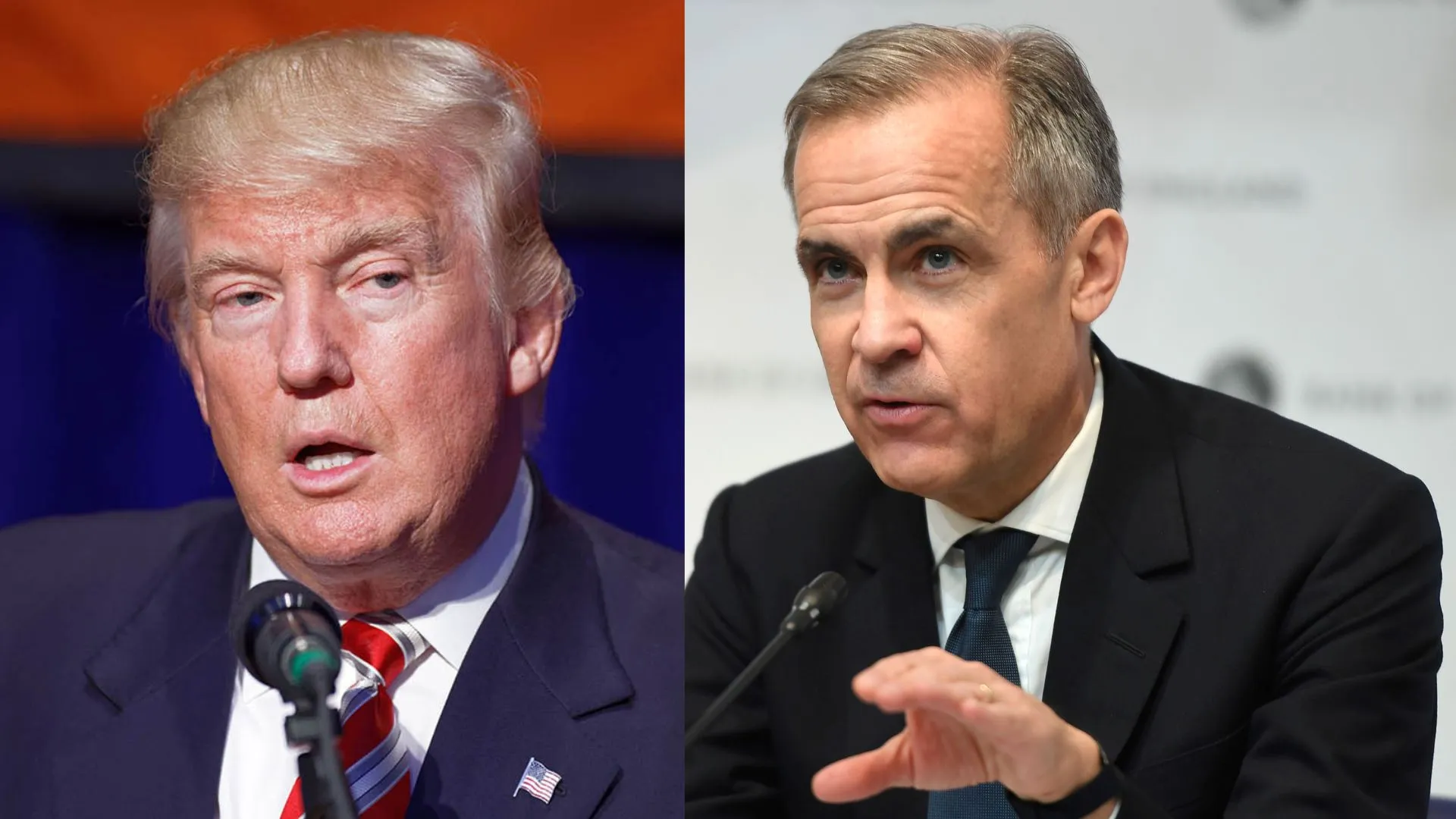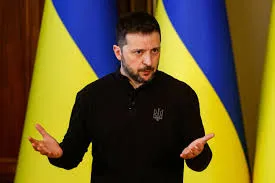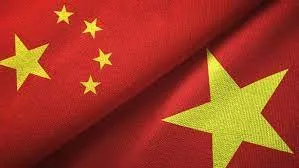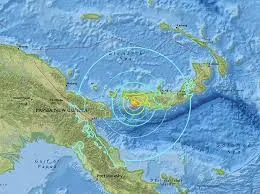Canada’s 23rd prime minister Justin Trudeau has stepped down after nearly a decade in power. In a packed Ottawa press conference, the 53-year-old Liberal leader announced his resignation, marking the end of an era. Trudeau expressed pride in his achievements but regretted failing to implement electoral reform. The country approaches its next general election this year.
“If I have one regret, particularly as we approach this election – well, probably many regrets that I will think of. But I do wish we’d been able to change the way we elect our governments in this country so that people could simply choose a second choice, or a third choice on the same ballot,” Trudeau said, reflecting on what could have been his defining legacy.
I will always fight for this country, and do what I believe is in the best interest of Canadians. pic.twitter.com/AE2nSsx5Nu
— Justin Trudeau (@JustinTrudeau) January 7, 2025
Struggles with Polls and Internal Discord
The decision comes as the Liberal Party faces plunging poll numbers, internal divisions, and a surging Conservative opposition under Pierre Poilievre. Recent surveys show the Liberals trailing the Conservatives by more than 20 points, with Canadians frustrated over inflation, housing costs, and economic challenges.
“This country deserves a real choice in the next election and it has become clear to me that if I’m having to fight internal battles, I cannot be the best option in that election,” he said, emphasizing the need for new leadership ahead of a pivotal general election this year.
A Polarizing Conservative Rival
Pierre Poilievre, leader of the Conservative Party, has gained momentum with his populist rhetoric, pledging to “taking back control” of Canada’s borders, economy, and national priorities. In response to Trudeau’s resignation, Poilievre promised to cap spending, cut taxes, and address rising crime, housing shortages, and inflation.
Trudeau warned against Poilievre’s conservative agenda. “Stopping the fight against climate change doesn’t make sense,” he said, calling for unity rather than polarization.
What’s Next for the Liberals?
Trudeau’s exit triggers a leadership race within the Liberal Party. Speculation has already turned to potential successors like Mark Carney, Foreign Minister Mélanie Joly, and even former deputy prime minister Chrystia Freeland.
Trudeau has received permission from the Governor General of Canada to suspend parliamentary proceedings until March 24 to regroup. With Canada’s next election looming, the party faces an uphill battle to retain power under new leadership.

